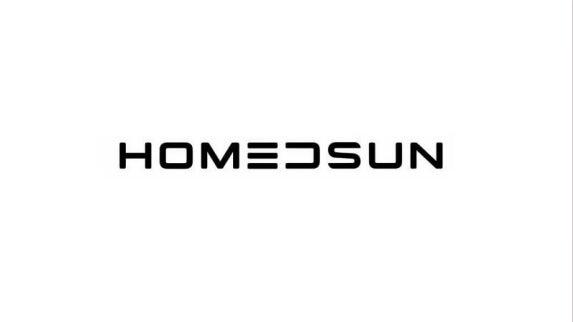
How to Stay Properly Hydrated in Summer
Share
Hot weather accelerates fluid loss, making timely hydration essential for energy, cardiovascular health, and mental focus.

Why Dehydration Is More Likely in Summer
Increased sweat rate: Higher temperatures boost perspiration, depleting water and electrolytes such as sodium and potassium.
Reduced cooling efficiency: Strong UV rays and high humidity diminish evaporative cooling, raising core temperature further.
More outdoor activity: Longer workouts and recreation amplify the risk of fluid deficits.

Daily Water-Intake Formula
Baseline: Body weight (kg) × 35 mL = baseline water requirement.
Sweat loss: For every 0.5 kg (1 lb) of body-weight drop, drink ~500 mL water plus electrolytes.
Heat factor: When ambient temperature is ≥30 °C (86 °F), add 200–400 mL per hour.

Electrolyte Balance
Choose low-sugar sports drinks or make your own: 1 L water + ¼ tsp salt + 1 Tbsp honey + ½ lemon juice.
After >60 minutes of intense exercise, replace 300–500 mg sodium plus some potassium and magnesium to help prevent cramps.

Water-Rich Foods
Watermelon, cucumber, lettuce: Over 90 % water—think of them as “edible water.”Yogurt & coconut water: Hydrate while providing probiotics or natural electrolytes.

Smart Hydration Habits
| Habit | Tip |
|---|---|
| Drink 300 mL between 6 – 8 a.m. | Jump-start metabolism and replace overnight losses. |
| Sip every 45 minutes at work | Keeps plasma osmolarity stable. |
| Use phone or smart-bottle alerts | Automated reminders prevent lapses. |
| Wear light, breathable clothing outdoors | Reduces sweat needed for cooling. |

Special Considerations
Children: Higher surface-area-to-mass ratio means faster dehydration—offer chilled drinks or fruit pops.
Older adults: Diminished thirst perception—scheduled drinking beats relying on thirst cues.
Athletes: Track pre-/post-session body weight; aim for <2 % body-mass loss.

Warning Signs of Dehydration
Dark urine, dry mouth, dizziness, rapid heartbeat.
Poor skin turgor or palpitations call for immediate rehydration and medical advice.
FAQ
Q1: Does coffee count toward hydration?
A1: Moderate coffee is mildly diuretic but still provides net fluid.
Q2: Plain water or electrolyte water?
A2: Plain water suffices for light activity; prolonged or heavy sweating requires electrolytes.
Q3: How do I know I’ve had enough?
A3: Pale-straw urine color and good energy levels are reliable indicators.
By following evidence-based formulas, adding electrolytes, and incorporating water-rich foods, you can stay energized and healthy all summer long.
